Holistic Health: A Comprehensive Approach to Wellness
Holistic health is an approach to wellness that considers the whole person—body, mind, spirit, and emotions—in the quest for optimal health and well-being. Unlike conventional medicine, which often focuses on treating symptoms, holistic health emphasizes the interconnectedness of all aspects of a person’s life and seeks to achieve harmony and balance. This article explores the principles, benefits, and practices of holistic health, offering a deep dive into how this approach can lead to a healthier and more fulfilling life.
The Principles of Holistic Health
Holistic health is grounded in several key principles that differentiate it from traditional medical practices:
1. Interconnectedness
- Holistic health recognizes that all aspects of a person’s life are interconnected. Physical health is influenced by emotional well-being, mental clarity, and spiritual fulfilment. Disruptions in one area can impact the others, leading to imbalances that manifest as illness or discomfort.
2. The Body’s Innate Healing Power
- Holistic health emphasizes the body’s natural ability to heal itself. Practitioners believe that the body has an innate intelligence that, when supported through proper care, can restore balance and health. The goal is to empower individuals to take charge of their health by understanding and nurturing their body’s healing processes.
3. Individualized Treatment
- Every person is unique, and holistic health treatments are tailored to the individual rather than a one-size-fits-all approach. Practitioners take into account a person’s lifestyle, environment, and personal circumstances, providing customized care that addresses the root causes of health issues.
4. Prevention over Treatment
- Holistic health emphasizes prevention as the key to maintaining health and wellness. By fostering balance and well-being through a healthy lifestyle, individuals can prevent illness before it arises. This approach contrasts with conventional medicine, which often focuses on treating illness after it occurs.
5. Balance in Life
- Achieving balance in all areas of life is a core principle of holistic health. This includes balancing work and leisure, maintaining healthy relationships, managing stress, and engaging in activities that promote physical, mental, and spiritual well-being.

The Benefits of Holistic Health
Embracing a holistic approach to health offers numerous benefits that extend beyond mere physical wellness. These benefits include:
1. Improved Physical Health
- By focusing on the root causes of health issues, holistic health can lead to improved physical well-being. Rather than masking symptoms with medication, holistic practices aim to address underlying imbalances, leading to more sustainable health outcomes. For example, a holistic approach to chronic pain might include dietary changes, exercise, stress management, and acupuncture, all of which can contribute to lasting relief.
2. Enhanced Emotional and Mental Well-being
- Holistic health places significant emphasis on mental and emotional health. Practices such as mindfulness, meditation, and counselling are commonly used to help individuals manage stress, anxiety, and depression. By addressing emotional and mental health, individuals can achieve greater clarity, focus, and emotional resilience.
3. Spiritual Growth and Fulfillment
- Spirituality is a key component of holistic health, though it is not tied to any specific religion. Holistic health encourages individuals to explore their spiritual beliefs and find meaning and purpose in life. This can lead to a deeper sense of fulfilment, inner peace, and a stronger connection to oneself and the world around them.
4. Prevention of Illness
- One of the primary goals of holistic health is the prevention of illness. By adopting a holistic lifestyle, individuals can reduce their risk of developing chronic diseases, such as heart disease, diabetes, and cancer. Preventive measures may include a balanced diet, regular physical activity, stress management, and regular check-ups with healthcare providers.
5. Increased Self-Awareness
- Holistic health encourages individuals to become more attuned to their bodies and minds. This increased self-awareness allows people to recognize the early signs of imbalance and take proactive steps to restore harmony. Over time, this heightened awareness can lead to better decision-making, healthier habits, and a more conscious approach to life.
Emotional Well-Being: A Comprehensive Guide to Nurturing Mental Health
Key Components of Holistic Health
Holistic health encompasses a wide range of practices and disciplines, each contributing to overall well-being. The following are some of the key components of a holistic approach to health:
1. Nutrition and Diet
- Nutrition plays a crucial role in holistic health. A balanced diet that includes a variety of whole, unprocessed foods provides the nutrients needed to support the body’s natural healing processes. Holistic nutrition focuses on eating foods that are rich in vitamins, minerals, and antioxidants while avoiding processed foods, sugars, and unhealthy fats.
- Holistic nutritionists often recommend personalized dietary plans based on an individual’s unique needs, considering factors such as age, activity level, health conditions, and personal preferences. This personalized approach helps to ensure that the body receives the necessary fuel to function optimally.
2. Physical Activity
- Regular physical activity is essential for maintaining a healthy body and mind. Holistic health promotes a variety of physical activities that support overall well-being, including yoga, tai chi, walking, swimming, and strength training. These activities not only improve physical fitness but also enhance mental clarity, reduce stress, and promote emotional balance.
- Yoga, in particular, is a popular holistic practice that combines physical postures, breathwork, and meditation to promote flexibility, strength, and relaxation. Tai chi, a form of martial arts, is another holistic practice that integrates slow, deliberate movements with deep breathing to improve balance, coordination, and mental focus.
3. Mind-Body Practices
- Mind-body practices are integral to holistic health, as they help to bridge the gap between the physical and mental aspects of well-being. These practices include meditation, mindfulness, deep breathing exercises, and guided imagery. By cultivating a deeper connection between the mind and body, individuals can achieve greater mental clarity, emotional stability, and physical health.
- Meditation, for example, is a practice that involves focusing the mind on a particular object, thought, or activity to achieve a state of mental clarity and emotional calmness. Regular meditation has been shown to reduce stress, improve concentration, and promote emotional well-being.
4. Emotional and Mental Health
- Emotional and mental health are critical components of holistic health. Holistic practitioners often incorporate counselling, therapy, and stress management techniques into their treatment plans to support emotional and mental well-being. Techniques such as cognitive-behavioral therapy (CBT), art therapy, and journaling are commonly used to help individuals process emotions, manage stress, and develop coping strategies.
- Mindfulness-based stress reduction (MBSR) is another holistic approach that combines mindfulness meditation with stress management techniques. MBSR has been shown to reduce anxiety, depression, and chronic pain, making it a valuable tool for enhancing emotional and mental health.
5. Spirituality and Purpose
- Spirituality is a key component of holistic health, as it provides individuals with a sense of purpose and meaning in life. Spiritual practices such as prayer, meditation, and mindfulness can help individuals connect with their inner selves and the world around them. This connection fosters a sense of peace, fulfilment, and resilience in the face of life’s challenges.
- Holistic health encourages individuals to explore their spiritual beliefs and find practices that resonate with them. Whether through organized religion, meditation, or a connection with nature, spirituality is an important aspect of overall well-being.
6. Complementary and Alternative Medicine (CAM)
- Complementary and alternative medicine (CAM) encompasses a wide range of therapies that are used alongside or in place of conventional medical treatments. CAM therapies include acupuncture, chiropractic care, herbal medicine, and homoeopathy. These therapies are often used to address specific health issues, such as chronic pain, digestive disorders, and anxiety.
- Acupuncture, for example, is a traditional Chinese medicine practice that involves inserting thin needles into specific points on the body to stimulate energy flow and promote healing. Chiropractic care focuses on the alignment of the spine and nervous system, while herbal medicine uses plant-based remedies to support the body’s natural healing processes.
7. Environmental Health
- Holistic health recognizes the impact of the environment on overall well-being. Environmental health involves creating a living and working space that supports physical, mental, and emotional health. This includes reducing exposure to toxins, such as chemicals and pollutants, and creating a clean, safe, and nurturing environment.
- Holistic health also emphasizes the importance of spending time in nature, as natural environments have been shown to reduce stress, improve mood, and enhance overall well-being. Practices such as gardening, forest bathing, and spending time outdoors can help individuals connect with the natural world and promote environmental health.
8. Social Connections and Relationships
- Social connections and relationships play a significant role in holistic health. Positive, supportive relationships contribute to emotional and mental well-being, while social isolation and negative relationships can lead to stress, anxiety, and depression. Holistic health encourages individuals to cultivate healthy relationships and build strong social networks.
- Practices such as community involvement, volunteering, and spending time with loved ones can help individuals develop a sense of belonging and connection. These social connections provide emotional support, reduce stress, and enhance overall well-being.
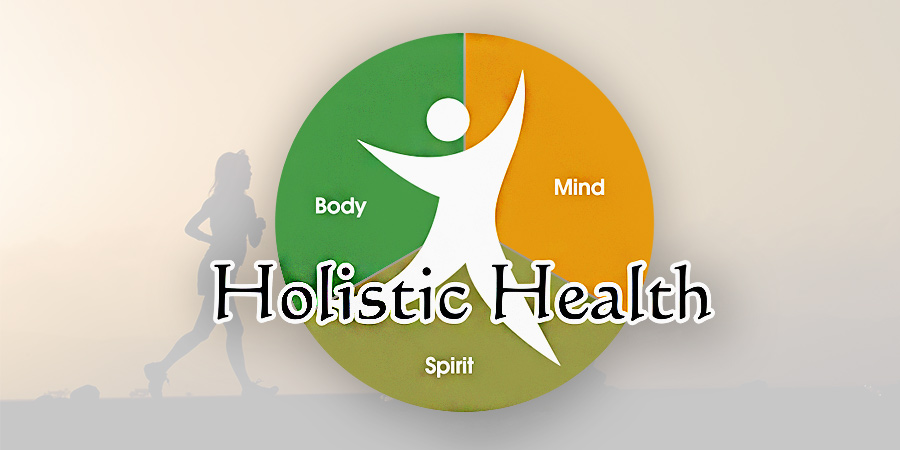
Common Holistic Health Practices
To further explore holistic health, it’s beneficial to understand some common practices and techniques that individuals use to achieve a balanced lifestyle. Here’s a closer look at some popular holistic practices and how they contribute to overall wellness:
1. Acupuncture
- Acupuncture is a traditional Chinese medicine practice that involves inserting thin needles into specific points on the body, known as acupoints. This technique is believed to stimulate the body’s energy flow (Qi) and promote healing. Acupuncture is often used to address pain, stress, digestive issues, and other health concerns.
- Modern research supports acupuncture’s effectiveness in treating various conditions, including chronic pain, migraines, and nausea. It is considered a valuable complementary therapy in holistic health, helping to restore balance and support the body’s natural healing processes.
2. Chiropractic Care
- Chiropractic care focuses on the diagnosis and treatment of musculoskeletal disorders, particularly those related to the spine. Chiropractors use manual adjustments and other techniques to improve spinal alignment, reduce pain, and enhance nervous system function.
- Chiropractic care is commonly used to address back pain, neck pain, and headaches. It also supports overall well-being by promoting proper spinal alignment, which can improve posture, reduce stress, and enhance physical function.
3. Herbal Medicine
- Herbal medicine involves using plants and plant extracts to support health and treat various conditions. Herbal remedies can be used in many forms, including teas, tinctures, capsules, and topical applications. Common herbs include echinacea, ginger, turmeric, and chamomile.
- Herbal medicine is often used in holistic health to support immune function, reduce inflammation, and promote overall wellness. It is essential to consult with a qualified herbalist or healthcare provider before using herbal remedies, as some herbs can interact with medications or have side effects.
4. Homeopathy
- Homeopathy is a system of medicine based on the principle of “like cures,” where small doses of natural substances are used to stimulate the body’s self-healing mechanisms. Homeopathic remedies are prepared through a process of serial dilution and succussion (vigorous shaking).
- Homeopathy is used to address a wide range of conditions, including allergies, chronic fatigue, and emotional imbalances. While some research supports its effectiveness, homoeopathy remains a controversial topic within the medical community. It is crucial to work with a qualified homoeopath to ensure safe and appropriate use.
5. Massage Therapy
- Massage therapy involves manipulating the muscles and soft tissues of the body to promote relaxation, reduce pain, and improve circulation. Techniques used in massage therapy include Swedish massage, deep tissue massage, and aromatherapy massage.
- Massage therapy can help alleviate muscle tension, reduce stress, and enhance overall relaxation. It is often used as part of a holistic approach to manage chronic pain, improve flexibility, and support mental well-being.
6. Yoga
- Yoga is a practice that combines physical postures (asanas), breath control (pranayama), and meditation to promote physical and mental well-being. Yoga can improve flexibility, strength, balance, and mental clarity.
- Different styles of yoga, such as Hatha, Vinyasa, and Kundalini, offer various benefits and approaches. Regular yoga practice can reduce stress, enhance relaxation, and support overall health and vitality.
7. Meditation
- Meditation is a practice that involves focusing the mind and achieving a state of deep relaxation and mental clarity. Various meditation techniques include mindfulness meditation, loving-kindness meditation, and transcendental meditation.
- Meditation has been shown to reduce stress, improve concentration, and enhance emotional well-being. It is a valuable tool for cultivating inner peace, managing anxiety, and promoting overall mental health.
8. Reiki
- Reiki is a form of energy healing that involves the practitioner channelling universal life energy (Ki) to promote healing and balance. The practitioner lightly touches or hovers their hands over the recipient’s body to facilitate the flow of energy.
- Reiki is used to address physical, emotional, and spiritual imbalances. It is often used to reduce stress, promote relaxation, and support overall well-being. While research on Reiki is limited, many individuals report positive effects and enhanced energy levels from this practice.
Identifying and Addressing Negative Emotions: A Comprehensive Guide
Integrating Holistic Health into Daily Life
Incorporating holistic health practices into your daily routine can be a transformative journey toward achieving optimal well-being. Here are some practical tips for integrating holistic health into your lifestyle:
1. Create a Holistic Health Plan
- Develop a personalized holistic health plan that includes a combination of practices and habits that support your physical, emotional, and spiritual well-being. This plan may include dietary changes, physical activity, mindfulness practices, and complementary therapies.
- Set realistic goals and make gradual changes to avoid feeling overwhelmed. Regularly reassess your plan and adjust as needed to ensure it aligns with your evolving needs and priorities.
2. Incorporate Mindful Eating
- Practice mindful eating by paying attention to your body’s hunger and fullness cues, savouring each bite, and choosing nourishing foods. Avoid distractions while eating, such as watching TV or scrolling through your phone.
- Aim to eat a variety of whole, unprocessed foods, and listen to your body’s needs. Consider keeping a food journal to track your eating habits and identify areas for improvement.
3. Establish a Consistent Exercise Routine
- Incorporate regular physical activity into your daily routine. Choose activities that you enjoy and that align with your fitness goals. Aim for a mix of aerobic exercise, strength training, and flexibility exercises.
- Create a schedule that works for you and stay consistent with your routine. Consider joining a fitness class, practising yoga, or taking walks in nature to stay motivated and engaged.
4. Practice Stress Management Techniques
- Incorporate stress management techniques into your daily routine to promote relaxation and mental clarity. Experiment with different practices, such as meditation, deep breathing, or journaling, to find what works best for you.
- Set aside time each day for relaxation and self-care. Consider creating a calming environment at home with soothing music, aromatherapy, or a comfortable space for meditation.
5. Build and Nurture Relationships
- Invest time in building and maintaining positive relationships with family, friends, and community. Engage in activities that foster social connections and provide emotional support.
- Make an effort to connect with loved ones regularly, whether through phone calls, visits, or social gatherings. Building a strong support network contributes to emotional well-being and overall health.
6. Explore Spiritual Practices
- Explore spiritual practices that resonate with you and provide a sense of purpose and meaning. This may include prayer, meditation, or spending time in nature.
- Consider joining a spiritual or religious community that aligns with your beliefs and values. Engage in practices that help you connect with your inner self and find fulfilment.
7. Seek Professional Guidance
- Consult with holistic health practitioners, such as nutritionists, chiropractors, or herbalists, to receive personalized guidance and support. Work with professionals who are experienced and knowledgeable in holistic health practices.
- Be open to exploring different therapies and approaches to find what works best for you. Maintain open communication with your healthcare providers and discuss any concerns or questions you may have.
8. Embrace Lifelong Learning
- Stay informed about holistic health practices and continue learning about new approaches and techniques. Read books, attend workshops, and explore reputable online resources to expand your knowledge.
- Embrace a mindset of curiosity and openness to new ideas. Holistic health is an evolving field, and staying informed will help you make informed decisions about your well-being.
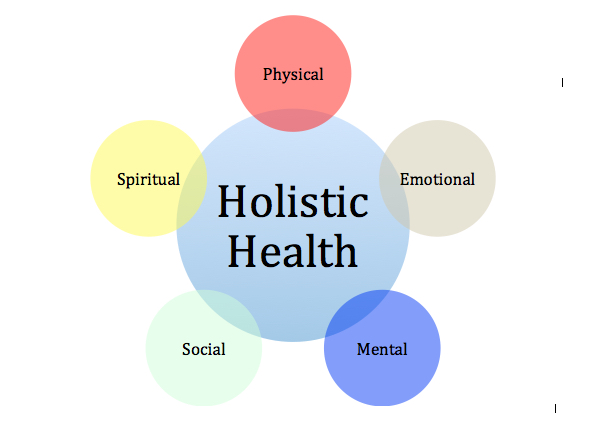 Holistic health offers a comprehensive and integrative approach to wellness that encompasses the interconnectedness of body, mind, spirit, and emotions. By embracing the principles of holistic health and incorporating various practices into your daily life, you can achieve greater balance, vitality, and overall well-being.
Holistic health offers a comprehensive and integrative approach to wellness that encompasses the interconnectedness of body, mind, spirit, and emotions. By embracing the principles of holistic health and incorporating various practices into your daily life, you can achieve greater balance, vitality, and overall well-being.
Whether through mindful eating, regular physical activity, stress management, or exploring complementary therapies, holistic health provides a framework for living a fulfilling and healthy life. By taking a proactive approach to your well-being and making choices that support your overall health, you can create a life of harmony, resilience, and vitality.
Embracing holistic health is a personal journey that requires self-awareness, commitment, and a willingness to explore new practices. As you navigate this journey, remember that the path to wellness is unique for each individual. By prioritizing your health and making informed decisions, you can cultivate a life of balance, joy, and well-being.
Building Resilience and Emotional Intelligence: A Comprehensive Guide
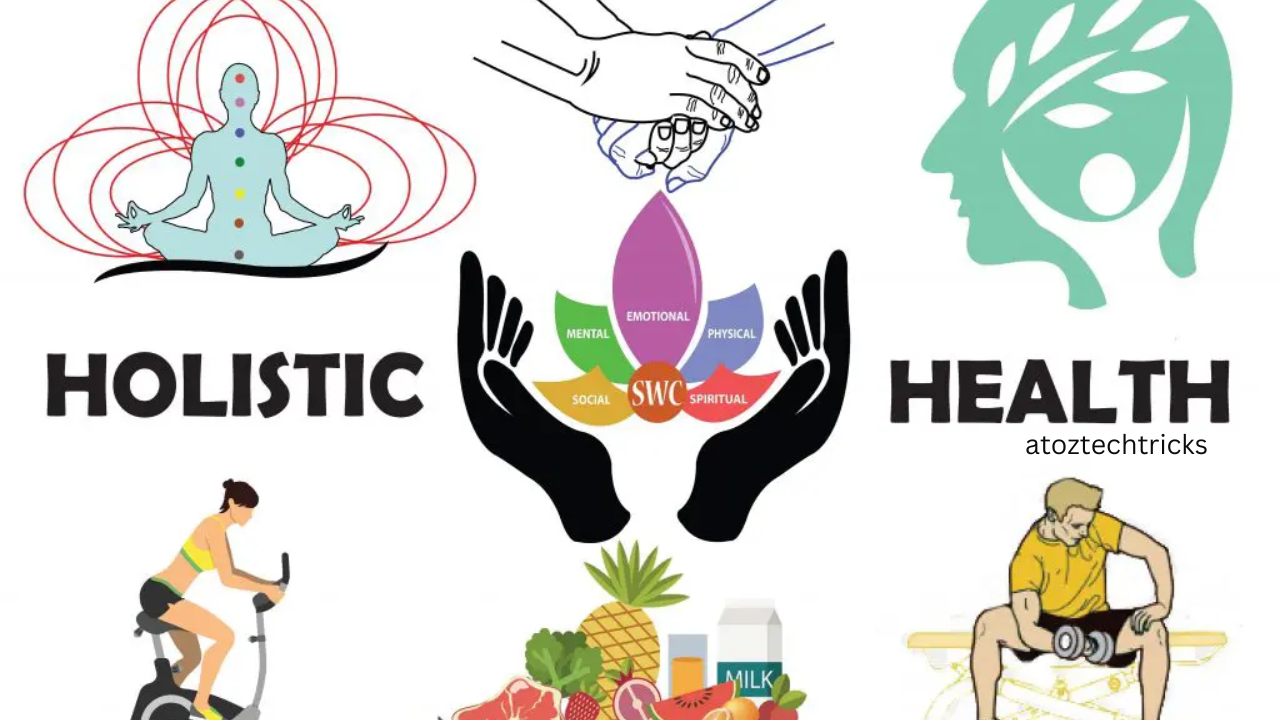
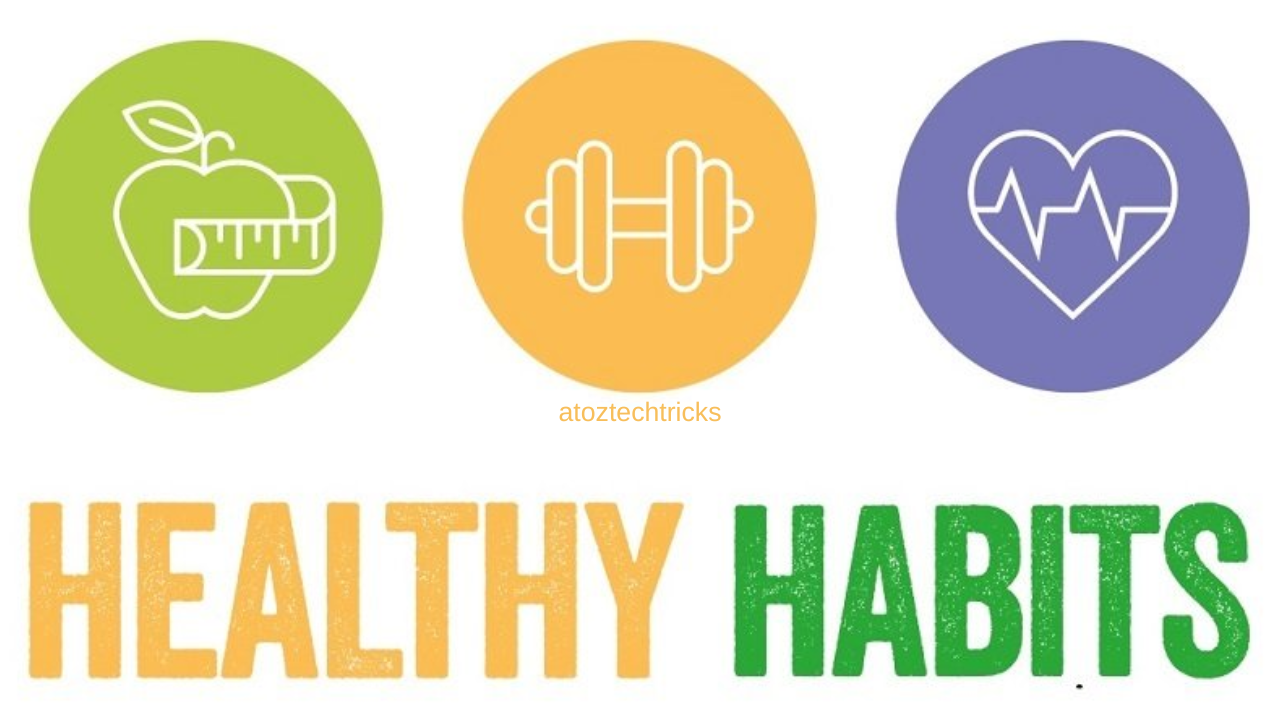
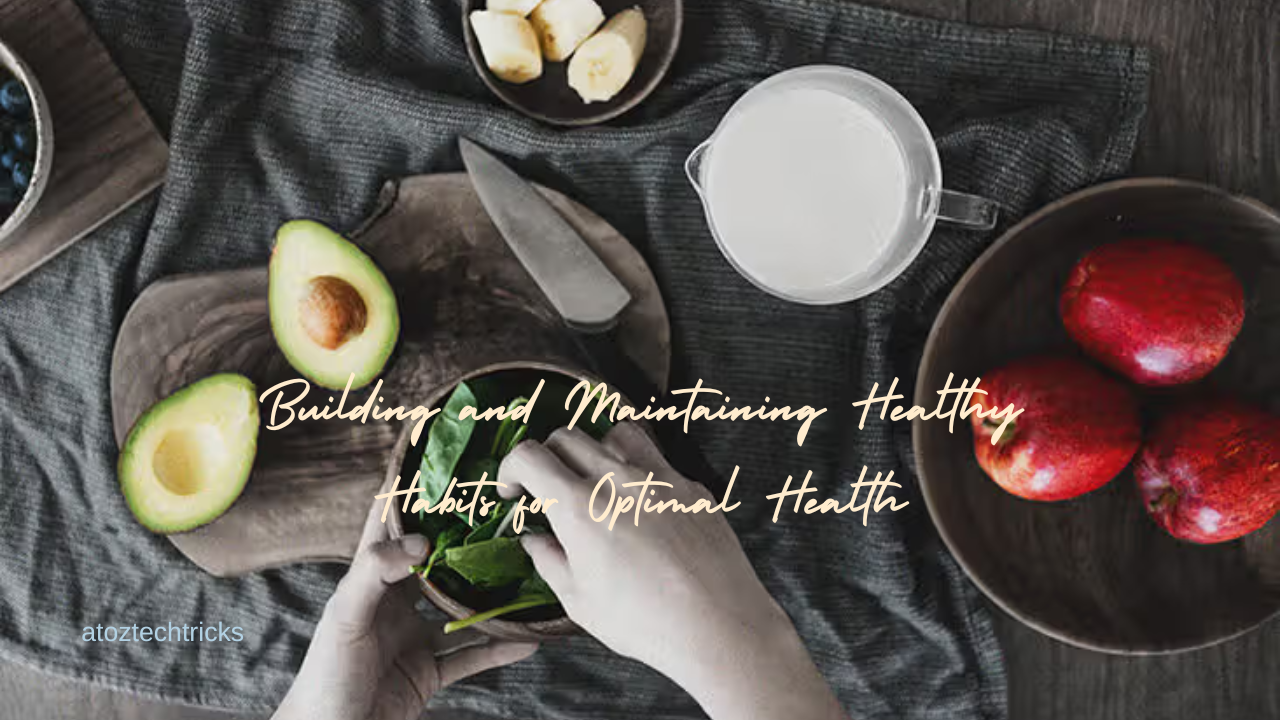
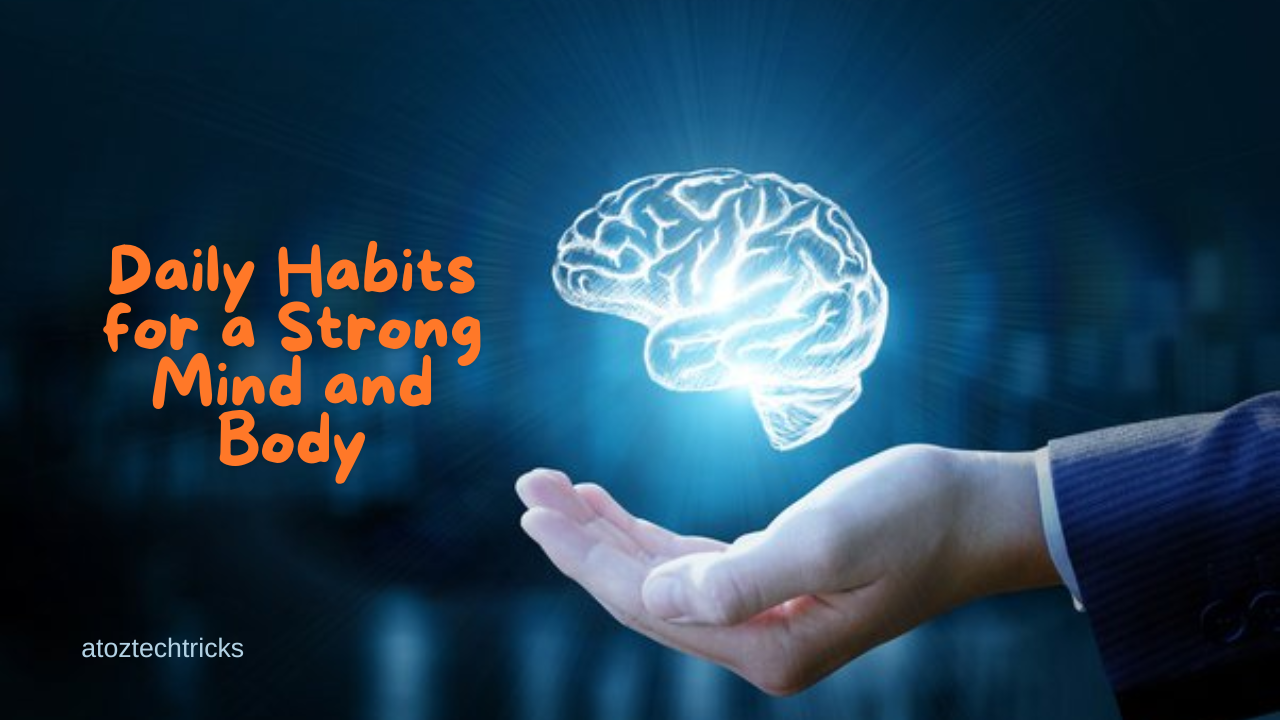
Post Comment